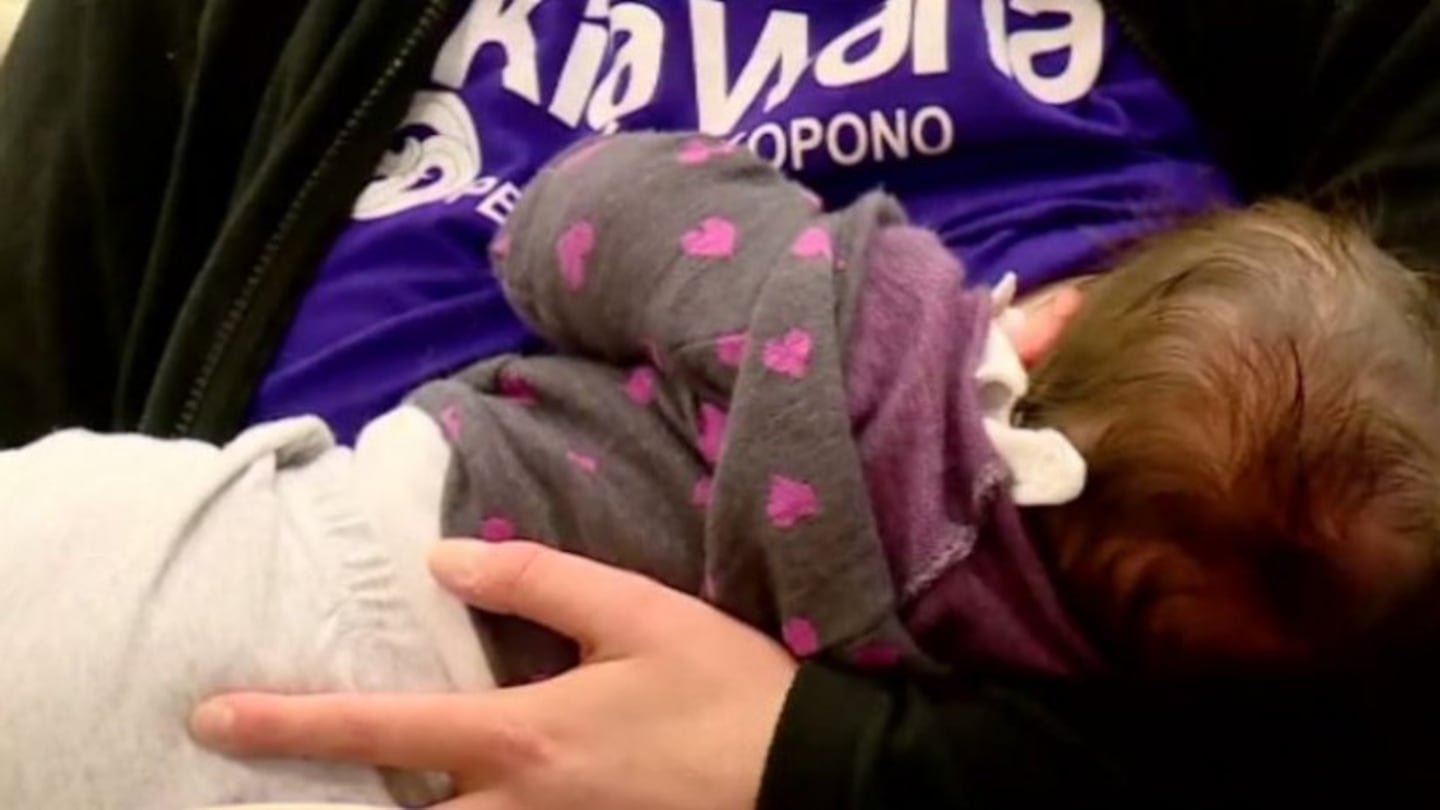Photo / File
Wāhine Māori with a connection to te ao Māori are more likely to exclusively breastfeed their babies for the recommended six months, new research by the University of Auckland says.
Researchers drew on information from more than a thousand wāhine Māori participating in Aotearoa's largest study of child development, Growing Up in New Zealand.
They found that 12 per cent of wāhine Māori exclusively breastfeed for a baby's first six months.
“Nearly all wāhine Māori (96%) start breastfeeding. Exclusive breastfeeding to six months old is beneficial for both pēpi and wāhine Māori and 12 percent of wāhine Māori in the study achieved this,” co-author of the study Dr Catherine Gilchrist said in a statement Friday.
She said the study identified several factors that influence the likelihood of ongoing exclusive breastfeeding for wāhine Māori, including connection to te ao Māori.
The duration of exclusive breastfeeding was also found to be influenced by knowledge of the benefits of breastfeeding recommendations, how mothers felt about returning to work, and the incidence of maternal depression during pregnancy.
“I would like to see targeted resources aimed at early recognition and support of these wāhine Māori experiencing depression during pregnancy,” said Dr Denise Bennett, a paediatrician and co-author of the study.
The study contributes to the body of evidence demonstrating the impact of colonisation on hauora Māori and how te ao Māori offers specific benefits for pēpi and wāhine Māori, she said.
“Colonisation has resulted in the loss of mātauranga Māori, including breastfeeding tikanga,” Dr Bennett said.
“Support for wāhine Māori breastfeeding needs to come from all of society, including government, employers, communities, whānau and wāhine Māori. Actions we take now will impact the hauora of wāhine Māori and pēpi in generations to come.”

